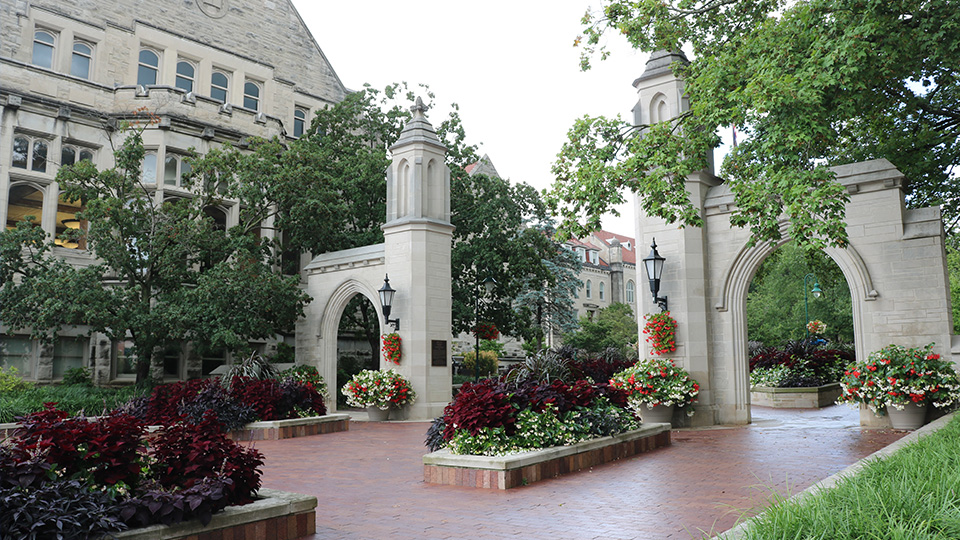IU expressive activity policy violates First Amendment, lawsuit alleges
Subscriber Benefit
As a subscriber you can listen to articles at work, in the car, or while you work out. Subscribe Now
The American Civil Liberties Union of Indiana filed a federal lawsuit Thursday against Indiana University in a challenge to the university’s newly implemented expressive activity policy.
The lawsuit alleges the university’s policy violates the First Amendment.
“IU has approved a new policy that prohibits all expressive activity if it takes place between 11 p.m. and 6 a.m., even if the activity is not at all disruptive, such as standing silently, holding a sign, wearing a t-shirt with a communicative message, or discussing current events with friends,” ACLU of Indiana Legal Director Ken Falk said in a news release. “The protections of the First Amendment do not end at 11:00 p.m., only to begin again at 6:00 a.m.”
The complaint was filed with the U.S. District Court for the Southern District of Indiana.
The ACLU of Indiana is representing nine plaintiffs who have previously engaged in expressive activity on the Bloomington campus between the hours of 11 p.m. and 6 a.m. They are seeking declaratory and injunctive relief preventing the enforcement of that portion of the policy.
The policy, approved last month, focuses on Dunn Meadow, which was recently used for a Gaza encampment by pro-Palestinian protesters.
At the encampment, several faculty and student protestors were arrested, which led to criticisms of the university’s response.
The space was designated as the Indiana University Assembly Ground in 1969 for people to engage in freedom of expression and peaceful demonstrations.
“In accordance with its responsibilities under the First Amendment of the U.S. Constitution and Indiana law, the University affords and is committed to protecting the rights of students, academic appointees, staff, and guests and visitors to free speech and expressive activity, such as assembling and speaking in public areas of campus, as well as writing, publishing, and inviting speakers on any subject,” the policy states.
Just before the policy was approved, the law firm Cooley LLP released a report reviewing the response to the encampment protests. The report detailed recommendations for how the university should handle expressive activity.
Indiana University responded to a request for comment stating it does not comment on litigation.
